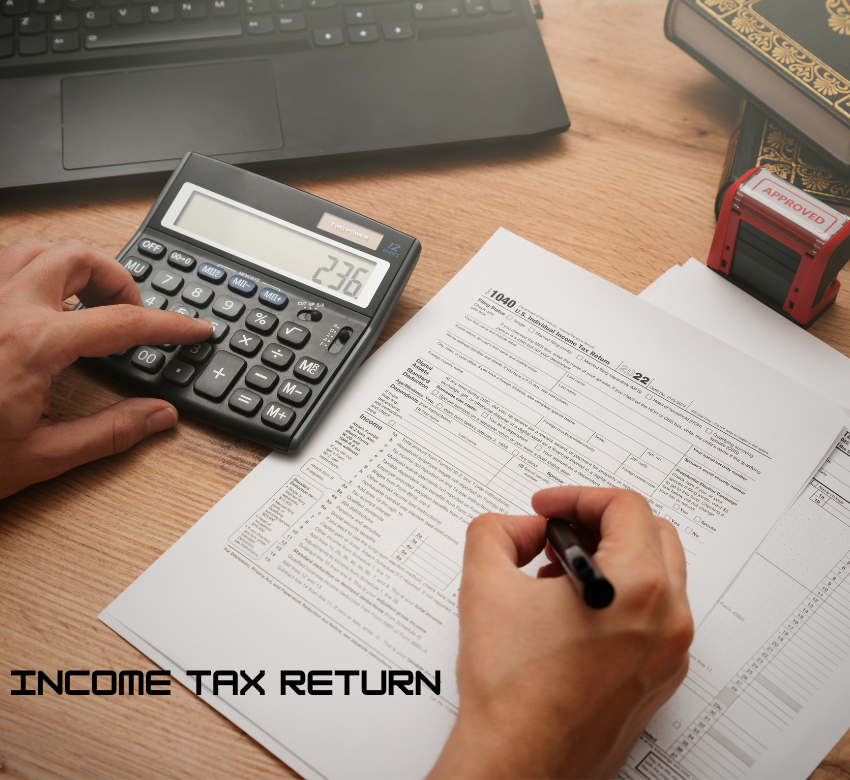2. Income Details
For Salary Income: Form 16: Issued by your employer, detailing salary and tax deducted at source (TDS). Salary Slips: Monthly pay slips for the financial year. For Income from Business/Profession: Profit and Loss Account: Detailed profit and loss statements. Balance Sheet: Balance sheet of the business. Bank Statements: Bank statements for the financial year. GST Returns: Goods and Services Tax returns, if applicable. For Income from Investments: Form 16A: TDS certificates for interest income (e.g., bank deposits, fixed deposits). Form 26AS: Annual tax statement reflecting all TDS, TCS, and advance tax payments. Interest Certificates: Certificates from banks for interest earned on savings, fixed deposits, etc. Dividend Statements: Statements from companies or mutual funds for dividend income. For Capital Gains: Sale Deeds: Documents related to the sale of property or shares. Purchase Deeds: Documents related to the purchase of property or shares. STT Certificates: Securities Transaction Tax certificates for equity transactions. Brokerage Statements: Statements from brokers for transactions in securities. For Rental Income: Rental Agreement: Agreement between the landlord and tenant. Rent Receipts: Receipts for rent received. Proof of Property Taxes Paid: Evidence of payment of property taxes.



